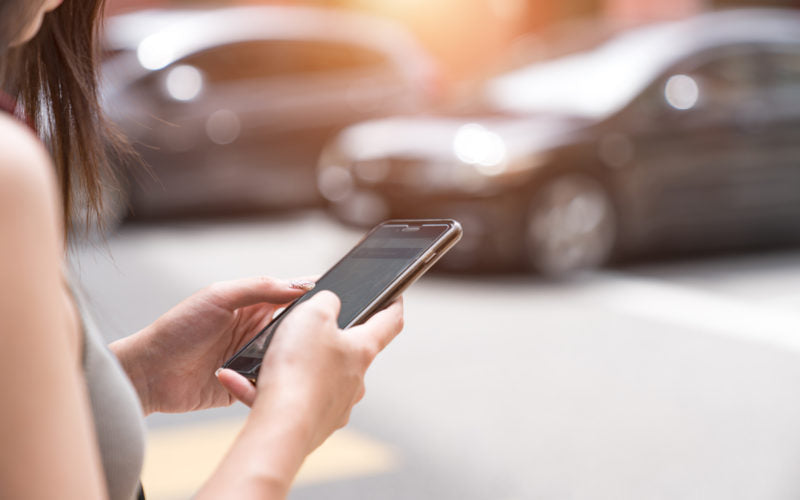
Seattle has recently experienced a decline in vehicle ownership and it’s something the auto industry should take note of it. Homeowners aged 35 and below (typically identified as “millennials”) are buying less cars, causing the overall car ownership in the city to drop 3%.
This is an important trend to watch because Millennials make up the fastest growing segment among vehicle buyers. Last year they accounted for 4.1 million vehicles in the US—about 29% of the market and likely will represent about 40 percent of the U.S. new-vehicle market by 2020 according to J.D. Power and Associates PIN data.
The decline in vehicle ownership was due to multiple factors common to urban dwellers regardless of where they live, such as increasing housing costs, improved public transportation, and growing popularity of car share services.
Perhaps the biggest is the financial incentive of not owning a car. Monthly payments, insurance, parking, and maintenance all add up to huge amounts over time. Millennials see car ownership as less important when they have a plethora of inexpensive transportation options available to them. It’s much easier to live a full life without owning a car than it ever has been in most modern cities.
Every leading US city has high cost of living. All locations are dense urban areas, and for many, key services are within walking/biking distance. This evolution is not happening by chance; it is being driven by demand.

Image Source: seattletimes.com
“As Seattle builds up these transit alternatives, the need to own a car starts to go away. And the financial incentives to get rid of your car are huge,” says Mark Hallenbeck, the director of the Washington State Transportation Center at the University of Washington. (Source: Seattle Times).
“Seattle residents have voted to tax themselves for urban transportation three times over the past three years.” (Source: Urbanland)
Those who live in the city are growing more accustomed to shared transportation. The more alternatives there are to get from point A to point B, the less incentive there is to own a vehicle.
“It’s very exciting to be a mayor of a city that said yes to the largest increase in bus transit, and then we went back to the voters the next year . . . to build out our bike trails, to build out our sidewalks, and to repair our roads and the voters said yes again,” says Mayor Ed Murray of the 2014 and 2015 votes, in an interview with Streetfilms.
Car share services make ditching vehicle ownership simple. Vehicles go anywhere you like as long as you like but, when you end your trip, it must be left inside the “home area” in an approved parking space. This usually includes residential streets, so you may even be able to park the car right outside your house when you’re done driving. For services like Car2Go, there is no annual fee and they charge by the minute if you choose, which is convenient for short trips such as errands and shopping trips.” Finding parking in dense urban areas can be a problem which is where ride-sharing services become the attractive alternative mode of transportation for trips where a car is needed.
It is interesting to see how the city of Seattle is divided on the issue of car ownership. According to an ongoing survey by Autolist, a slight majority of respondents (52 percent) seem to lean towards the no-car camp.
While those on the other side of the argument (49%) lean towards traditional vehicle ownership.
The fact that the spread is this close should send a signal to those in the industry to pay close attention to this trend as it moves from possibility to reality in key urban areas across the country. Manufactures and suppliers are adjusting their strategic plans now. How about the dealerships in those urban areas?
Cheers,
Kevin